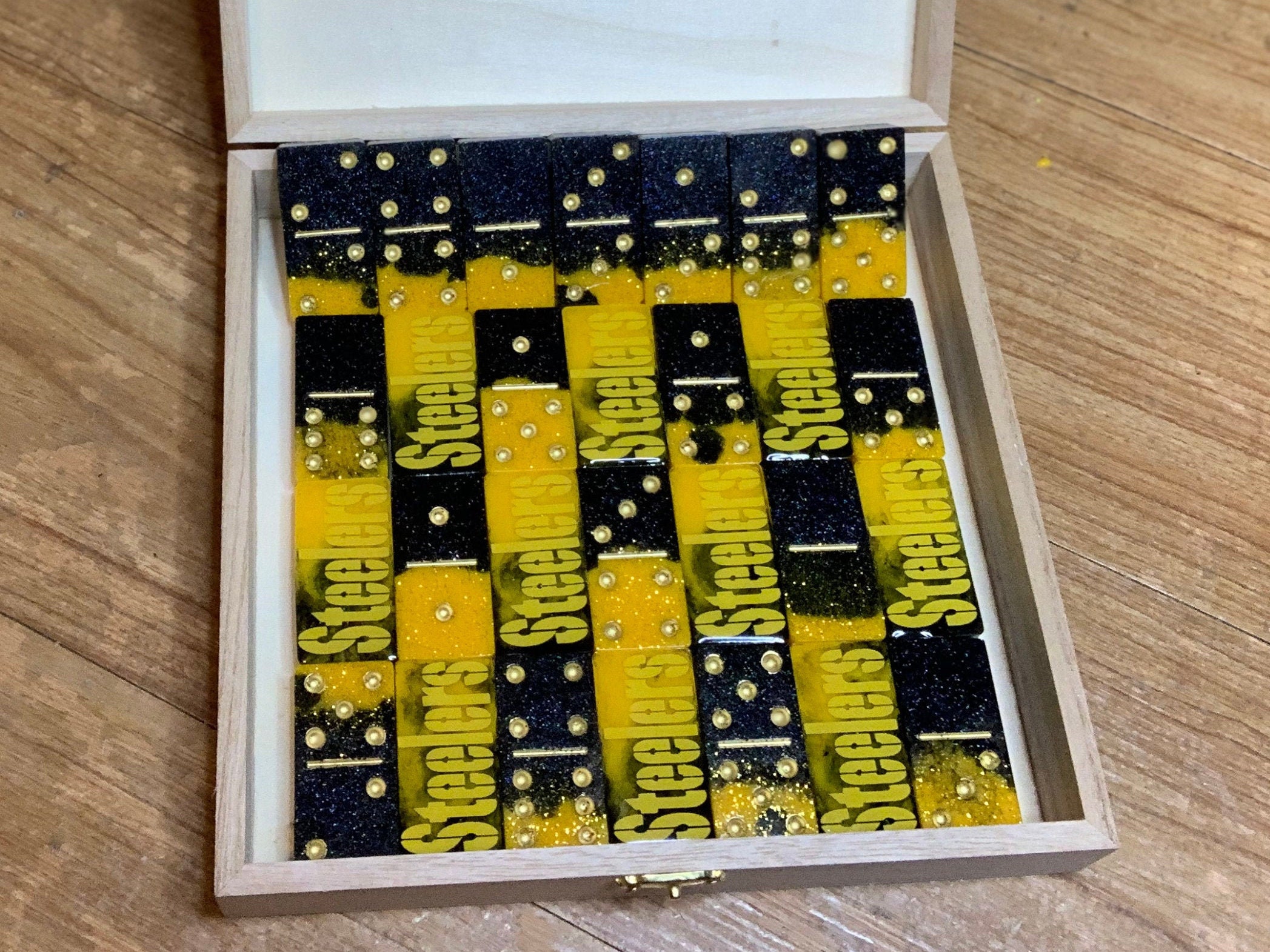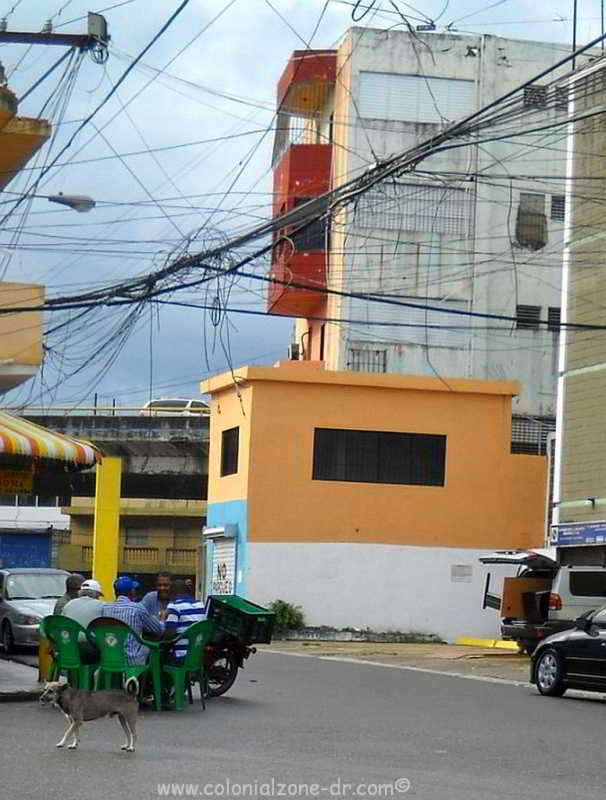

Mexican Train gives a nice twist on the original domino game. With different colours and a common row, you now have more tactical game options. Fast to play, hours of fun. This mathematician from Minnesota wants to tear down some of the pillars of the Spanish game, algorithm to algorithm. As confident as he already has at least two other card games in mind to beat Spaniards: mus and chinchón.

Then you also have to program the winning algorithm.Īlthough Aurentz wants to avoid ridicule when facing humans, he is aware that the first time he takes his machine to compete at the dominoes, they will polish him. But collecting good statistics, which allow you to win, is more difficult." The game has many variables and you have to see which ones correlate with winning. From there comes a lot of statistics: "This allows us to gather statistical information very quickly. The computer can play 100,000 games in 5 minutes.

Now comes phase two: play millions of rounds and see what strategies the machine develops to win.
#Dominoes spain how to#
He has already made the machine know how to play dominoes and beat a child.Īlthough Aurentz wants to avoid ridicule against humans, he is aware that the first time they will polish him Each image contains the state of the game, the player's chips and a possible legal move. Aurentz teaches the machine thousands of photos of the game. It is a more laborious path, so a game like dominoes is useful. Aurentz is so interested in winning dominoes with a machine as well as finding out what decisions the machine makes in doing so: "Once you have achieved that superhuman quality, how do you teach a human that logic? How do you get logic out of the algorithm so that a human can think better? Why don't we think like the computer? "he says. With the Aurentz method, the human can see why the computer decides a movement, it is not a black box. Even AlphaZero is programmed the basic rules of the game. It is a faster process.īut Aurentz wants the machine to learn the rules for itself. So the machine already knows the rules and should only improve the strategy," says Aurentz. "Most of the other algorithms do not train artificial intelligence to learn the rules of the game. Their challenge is for the algorithm to learn to play dominoes (and win) by itself. Inside the black boxĪurentz has chosen dominoes because he is now researching in Spain, but his ultimate goal goes further. The data is not deterministic but random. "I am very interested in games that have a random and deterministic component. The domino has a random component when distributing: a player with more doubles has fewer options, for example. The challenge is not to win each of the games but to win a competition for, for example, 14 games. There are many ways." But Aurentz is confident that the machine finds room to improve that virtue of the human player and manages to win most games. "I look at what I have, I see if others think before throwing one, if my partner puts one or the other. Moreno is not impressed: "After three or four laps, I know 70-80% of the chips that others have," he says. Aurentz thinks that this strategy may be that the machine infers the chips of the other players in the middle of the game: by the chips that are on the table, the ones the machine has and the times that the others have passed. Its objective is to get the machine to learn a superhuman strategy. "It has little merit because nobody plays like that, only children," says Aurentz. Maybe the domino doesn't have great teachers, but it has champions from Spain, competing against Latin American champions, which is the other place in the world with a lot of current practice.Īt the moment Aurentz has achieved a model that wins 91% of the time to a player who throws his chips at random: if you have to throw a 5 and has three chips with a 5, throw any one, without thinking. Here he investigates at the Institute of Mathematical Sciences (ICMAT) at the Autonomous University of Madrid with a scholarship from La Caixa. "Where is this guy from?" Asks Moreno during the conversation.Īurentz (Minnesota, 1988) arrived in Spain almost three years ago from Oxford after graduating from the University of Minnesota and a doctorate from Washington State University. Moreno is, to put it kindly, skeptical of Aurentz's options. EL PAÍS has called and talked with the vice president of the federation, Manuel Moreno. "Where is this guy from?" He asks.Īurentz does not yet have the model ready and has not called the Spanish Federation of Dominoes: "It is not about going there to make a fool of yourself," says Aurentz. Moreno is skeptical of Aurentz's options.


 0 kommentar(er)
0 kommentar(er)
